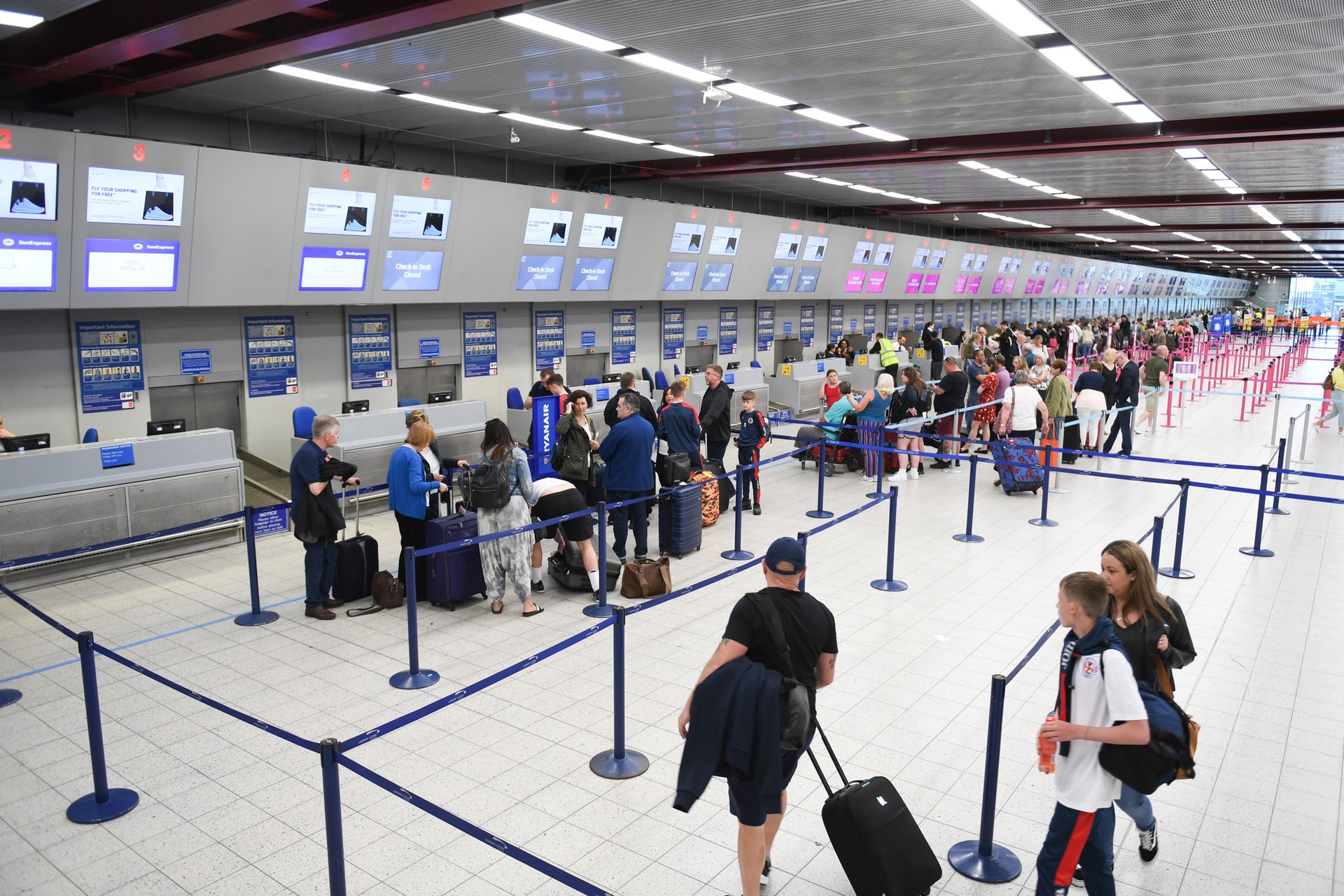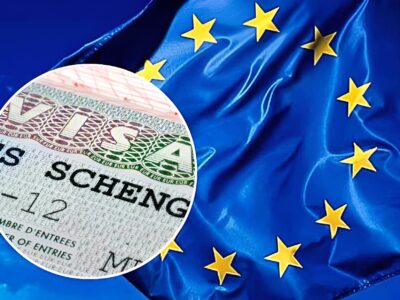
Many government agencies along with airports and airlines are using biometric facial recognition to reduce waiting time for immigration and security (Photo: Unsplash/ Phil Mosley))
Since its outbreak almost 30 months ago, the Covid-19 pandemic has completely altered the experience of airport and airline with a need for additional documentation, longer queues, and multiple check points.
In order to address the issue, many airports, airlines, and government agencies worked on identifying solutions during the lockdown travel hiatus and sought to implement contactless biometric and facial recognition technologies.
According to the recent analysis by the National Institute of Standards and Technology, an agency of the United States federal government, many of these latest biometric developments using facial recognition is said to be at 99.5 pc apart from iris-scanning or fingerprints.
There are signs that the pandemic may be influencing the advancement of biometric acceptance as an increasing number of passengers are now willing to share their biometric data. The figure has risen 46 pc in 2019 to 73 pc in 2021, as per the 2021 passenger survey report of the International Air Transport Association (IATA).
The survey went on to say that as many as 88 pc of passengers would share immigration information prior to departure for expedited processing. However, not many have started to use it. The survey says that just over a third of passengers or 36 pc have experienced the use of biometric data when traveling. Of this, 86 pc were satisfied with the experience.
NIST says that some of the acceptance of biometrics may also have come from its everyday applications, such as using facial recognition to open smartphones or access services like banking.
In November, Delta Air Lines launched a digital identity programme for passengers that opt for TSA PreCheck at its base in Hartsfield-Jackson Atlanta International Airport. These passengers can opt in to using facial recognition to do everything from checking a bag to clearing security and boarding their domestic flight.
Opting in requires the passenger to enter their United States passport number, which provides the back-end check on passenger identity using passport photo. Using the hands-free facial scan, fliers can obtain a baggage tag and then proceed to a dedicated TSA PreCheck line for facial scanning, in which no identification required. The programme, currently, is limited to domestic travel within the United States only.
Though they may be happy to share their biometrics, data protection remains a key concern for the passengers, says the IATA survey. Over half, or 56 pc saying they were concerned about data breaches. About 52 pc of passengers also need greater clarity on who their data is being shared with and 51 pc worried about how it would be used or processed.





















